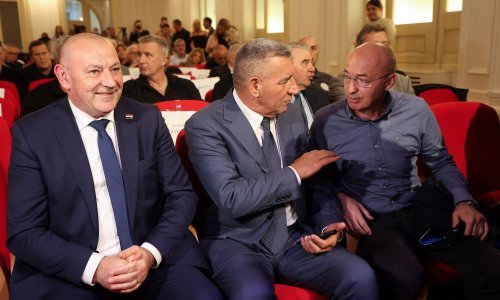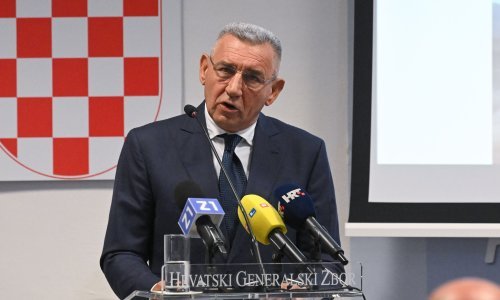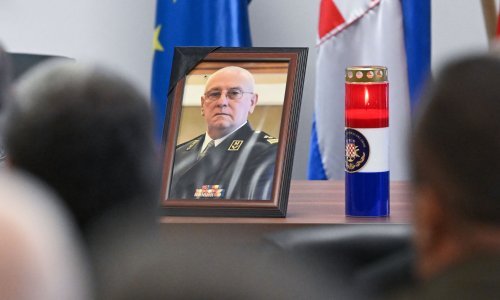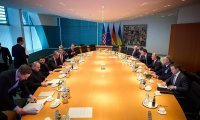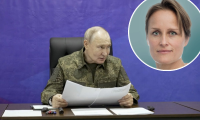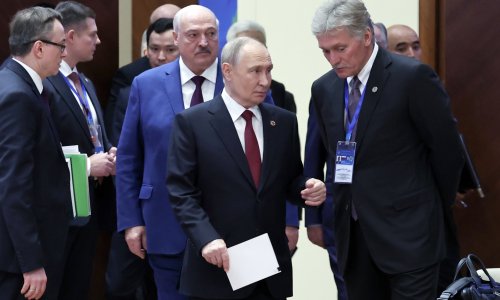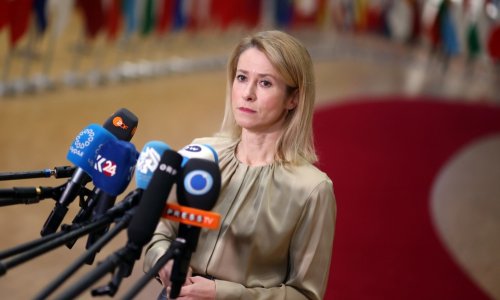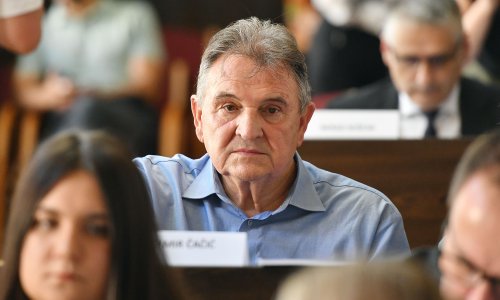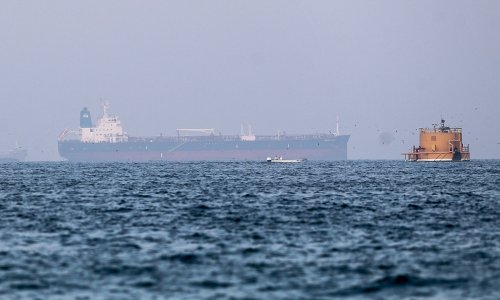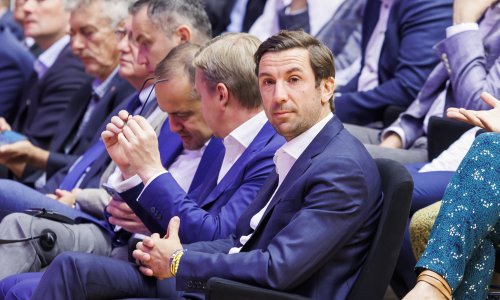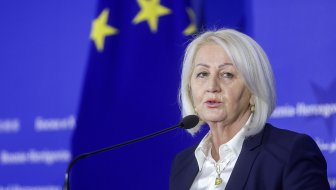Commenting on the judgement of the International Criminal Tribunal for the former Yugoslavia in case of three Croatian Generals, Zadar Archbishop Zelimir Puljic has said that pressures from European capitals have been continuing for some time and that Croatia should not allow to be blackmailed "either through loans, or promises or admission to the European Union", the Croatian Catholic news agency IKA reported on Saturday evening.
The ICTY on Friday sentenced General Ante Gotovina to 24 years in prison and General Mladen Markac to 18 years for war crimes Croatian forces committed during and after Operation Storm, launched on August 4, 1995. The Hague tribunal acquitted the third Croatian general in this case, Ivan Cermak.
Archbishop Puljic congratulated the generals on their exemplary behaviour during the rendering of the verdict in the ICTY's Courtroom I, in The Hague.
He went on to say that thanks to his role in Operation Storm and contribution to ensure freedom for Zadar while that Croatian coastal city was a target of Serb insurgents, General Gotovina deserved to be treated as a hero.
As a bishop I must say that the freedom which we gained was a fruit of our commitment and commitment of brave soldiers, generals and politicians, and first of all, a fruit of something which is beyond our powers, Archbishop Puljic said.
During his sermon on Palm Sunday Croatian Military Bishop Juraj Jezerinac said that the ICTY's verdict against the generals was draconian, calling for the Croatian people to show patience.
He today expressed hope that the truth would eventually come to light.
Last Tuesday, ahead of of the rendering of the ICTY's judgement , the Justitia et Pax Commission of the Croatian Conference of Bishops presented a statement in which it said that "the Tribunal in The Hague has not adequately assessed the fact that Croatia was the victim of Serbian aggression".
The Commission made a distinction between the Tribunal and the ICTY prosecution.
The statement emphasizes that it would not be just to censure the whole Tribunal for everything that has happened.
"Without the intention of diminishing the fact that the Tribunal confirmed and issued a legally valid indictment of a "criminal undertaking," we wish to recall that the indictment or nonindictment and the opening or not opening an investigation of the "excessive" and "indiscriminate" shelling of Knin or Vukovar are not under the jurisdiction of the Tribunal but of the ICTY prosecution. The prosecution has operated according to strange criteria and methods. Many of the testimonies from the Tribunal as well as from the prosecution brought facts to light that indictments were decided under political pressures from the great powers, with a clear tendency to equate the responsibilities of the attackers and those attacked, which also means a distortion of the historical picture of the actual aggressors and actual victims," said the secretary of the Commission, Gordan Crpic, presenting the statement last Tuesday.
The statement reads that that it is also controversial that the Security Council has given the prosecution unprecedented political power. The Security Council and European Union have based their major political decisions regarding Croatia on reports by the chief prosecutor at The Hague, and not by the president of the Tribunal or the judgments of the Trial Chamber, according to that document.





